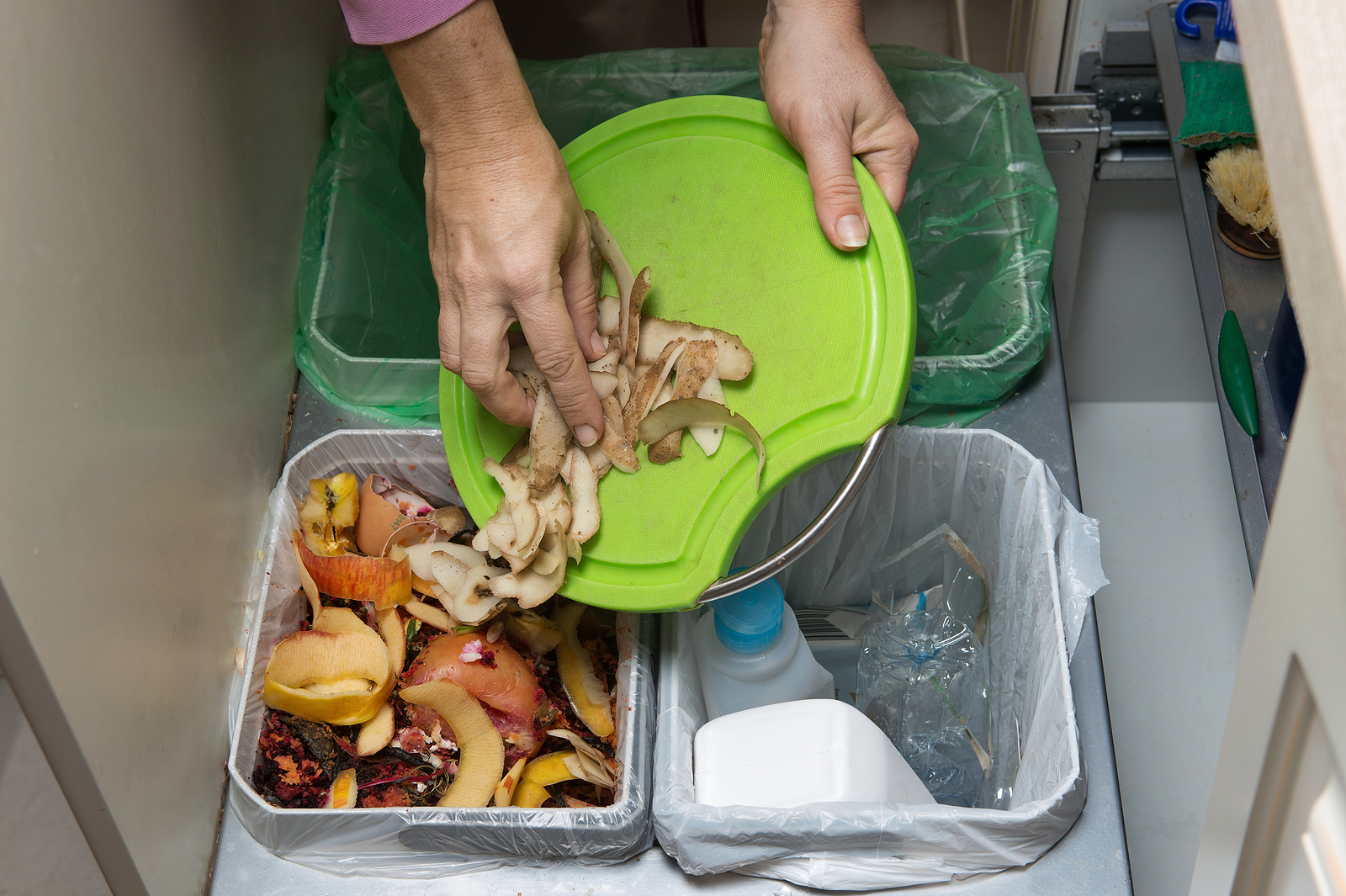
Industrial Composting Equipment: A Sustainable Solution for Large Operations
As sustainability becomes increasingly essential, large operations are seeking ways to manage organic waste more efficiently. Industrial composting equipment offers a practical solution, allowing businesses to reduce waste, minimize environmental impact, and align with eco-friendly practices. Unlike traditional composting methods, which may suit small-scale needs, industrial composting systems are designed to handle high volumes of organic material quickly and effectively. This equipment is not only a smart investment for agricultural, food production, and municipal facilities but also aligns with local regulations and environmental goals.
In this post, we’ll explore the key benefits, applications, and considerations for choosing the right industrial composting equipment to support sustainable operations.
Applications of Industrial Composting Equipment for Large Operations
- Agricultural Operations
Farms and agricultural businesses generate significant amounts of organic waste, including crop residues, manure, and spoiled produce. Industrial composting equipment helps manage this waste by converting it into nutrient-rich compost, which can be used to improve soil health and support future crop production. This closed-loop approach reduces the need for chemical fertilizers and minimizes the environmental impact of agricultural activities. - Food and Beverage Industry
Restaurants, food processors, and beverage manufacturers produce large amounts of organic by-products, such as food scraps and expired ingredients. Industrial composting equipment offers a sustainable way to process this waste efficiently, lowering disposal costs and diverting material from landfills. Companies that integrate composting into their operations can also enhance their reputation by demonstrating a commitment to sustainability. - Municipal and Government Facilities
City governments and municipal waste departments often oversee large-scale composting initiatives to meet state and local waste diversion goals. Industrial composting equipment enables these facilities to process organic waste from households, public spaces, and landscaping projects. The resulting compost can be distributed to community gardens, parks, or sold to the public, fostering a culture of sustainability within the region. - Colleges and Universities
Educational institutions generate organic waste through campus dining services, landscaping activities, and student housing. With industrial composting equipment, colleges and universities can implement effective waste management systems that reduce landfill use and lower disposal fees. Compost produced on campus can be used for grounds maintenance or community gardening programs, further promoting environmental stewardship.
Key Factors to Consider When Choosing Industrial Composting Equipment
- Capacity and Volume Handling
The equipment’s capacity should match the volume of organic waste your operation generates. Selecting a system too small may lead to inefficiencies, while an oversized system can result in wasted resources. Assess your current waste output and forecast future growth to ensure the equipment meets both immediate and long-term needs. - Space and Installation Requirements
Industrial composting equipment can vary significantly in size. Evaluate the available space for installation and operation to ensure the equipment fits comfortably within your facility. Some systems may require additional infrastructure, such as aeration floors or enclosed composting areas, which should also be factored into the planning process. - Energy Consumption and Efficiency
Sustainable waste management extends beyond composting—it also includes energy-efficient operations. Look for equipment that consumes minimal energy while maintaining high performance. Some advanced systems offer features such as automated aeration or heat recovery to further reduce energy use and operating costs. - Level of Automation and Labor Requirements
Industrial composting equipment can range from fully manual to highly automated systems. Consider how much labor your team can dedicate to the process. Automated systems that monitor moisture levels, temperature, and aeration can reduce the need for constant oversight, allowing your staff to focus on other tasks. - Maintenance, Support, and Warranties
Composting equipment involves moving parts and complex systems, which require regular maintenance to avoid downtime. Check for warranties, support services, and the availability of replacement parts when choosing a system. Some manufacturers also offer training for your staff to ensure proper operation and maintenance. - Compliance with Regulations
In regions like the Bay Area, strict environmental regulations govern waste management practices. Make sure the composting equipment you choose complies with all relevant standards, including emissions limits and waste diversion requirements. This will help your operation avoid fines and demonstrate its commitment to sustainability.
Why Industrial Composting Equipment is a Sustainable Solution for Large Operations
- Reduces Waste Sent to Landfills
Industrial composting equipment allows large operations to divert significant amounts of organic waste from landfills. Organic waste in landfills decomposes anaerobically, releasing methane, a potent greenhouse gas. By composting instead, businesses can minimize their environmental footprint and align with zero-waste initiatives. - Supports a Circular Economy
Composting transforms organic waste into valuable compost, which can be used to enrich soil, improve crop yields, and promote healthy ecosystems. This creates a closed-loop system where waste becomes a resource, reducing the need for synthetic fertilizers and contributing to a more sustainable economy. - Lowers Operational Costs Over Time
Though the initial investment in industrial composting equipment can be significant, businesses can save money in the long run. Reduced waste hauling fees, fewer landfill tipping charges, and potential revenue from selling compost all contribute to long-term cost savings. Additionally, using compost in landscaping or agriculture can reduce expenses for soil amendments and fertilizers. - Meets Regulatory and Environmental Requirements
Many regions, including the Bay Area, have stringent waste diversion and environmental regulations. Industrial composting equipment helps businesses comply with these rules by effectively managing organic waste and contributing to mandatory sustainability goals. Staying ahead of regulatory changes can prevent costly fines and enhance a company’s reputation. - Enhances Brand Reputation and Customer Trust
Adopting sustainable practices is increasingly important to consumers and stakeholders. Businesses that invest in composting equipment demonstrate environmental responsibility, which can attract eco-conscious clients and partners. Publicly embracing sustainable waste management can also strengthen brand loyalty and enhance a company’s market position. - Promotes Long-Term Environmental Benefits
By turning organic waste into compost, businesses actively contribute to healthier soils, reduced carbon emissions, and better waste management. These efforts play a crucial role in combating climate change and building resilient ecosystems, making industrial composting equipment a key component in long-term environmental sustainability strategies.
Conclusion
Industrial composting equipment is a powerful tool for large operations seeking sustainable waste management solutions. By reducing landfill waste, lowering greenhouse gas emissions, and supporting a circular economy, this equipment not only benefits the environment but also helps businesses meet regulatory requirements and achieve long-term cost savings. Whether for agriculture, food production, municipal facilities, or educational institutions, investing in industrial composting equipment aligns operations with modern sustainability goals while enhancing brand reputation.
Adopting these systems is a practical step toward efficient waste management that positions businesses to thrive in an increasingly eco-conscious market. Now is the time for large operations to embrace composting technology and contribute to a greener, more sustainable future.
Ready to take the next step? Contact us today to learn how the right industrial composting equipment can transform your waste management practices and boost sustainability efforts.
